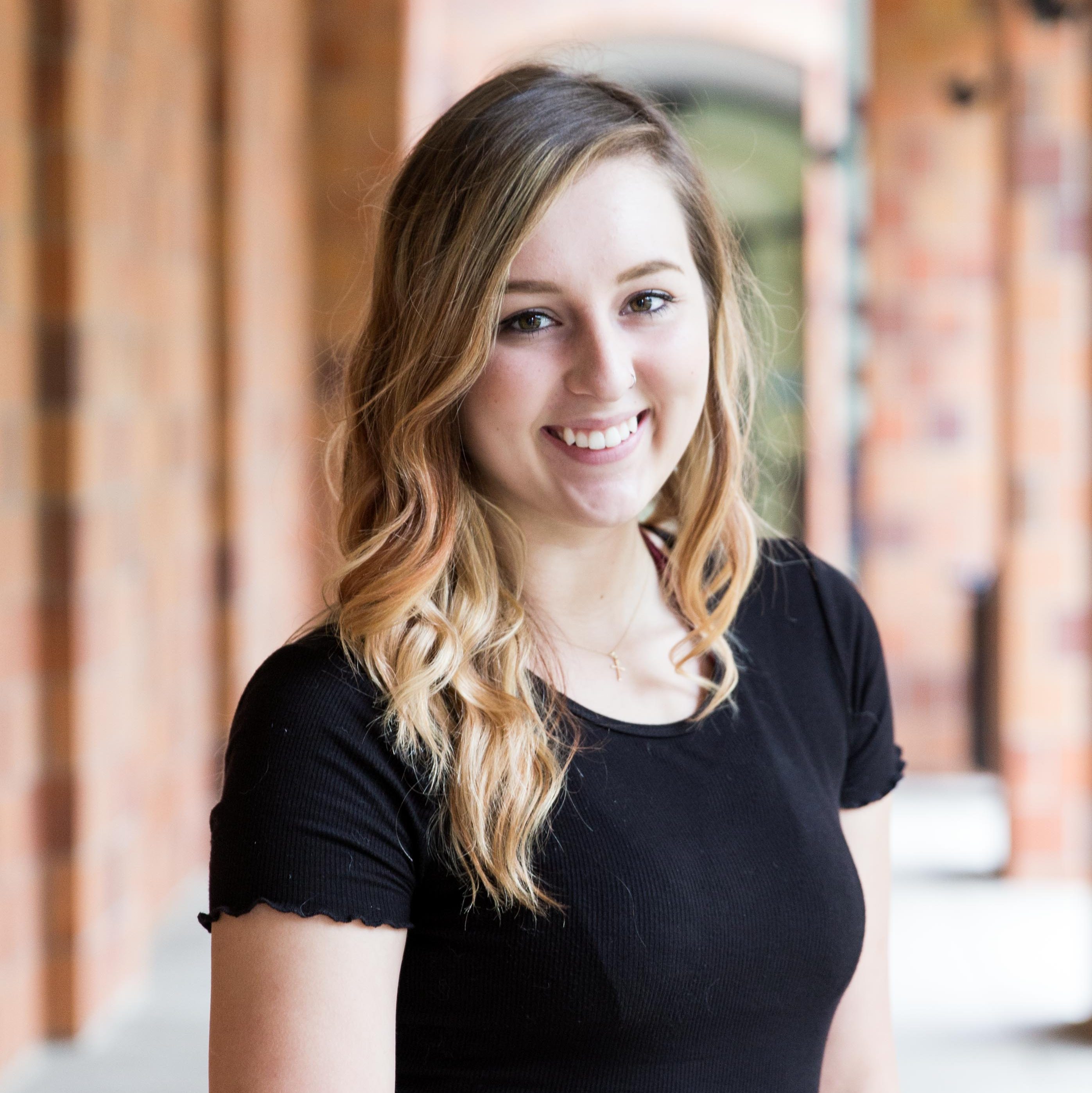Two out of the 19 emergency phone stanchions (also known as the emergency blue light system by students) failed to call 911 during a routine monthly test on Sept. 18.
Lieutenant Dave Stephenson with WSU Vancouver Public Safety and Police Services said that during a monthly test up to three phones may experience issues. He said phones that fail to dial 911 are taken out of service.
The failed blue light emergency phones have since been covered until fixed and are expected to be repaired soon, according to Stephenson.
When asked about current campus safety concerns, former Associated Students of Washington State University Interim Vice President Travis Toth said, “No students or staff members has brought any [safety] concerns this year thus far to me.”
However, according to Toth, students did express concern of feeling unsafe on campus last spring. The ASWSUV responded by proposing improved lighting campus-wide.
“We started the lighting project last year. We put in a work request to FacOps [Facilities Operations]. They came back and told us it would require a land survey – just for the land survey alone to find where the best place for the new lighting would go would be about
30,000 to get that project off the ground. They let us know that [a land survey] is not a cost they are willing to assume, so that if students really did want this project that would have to be something we paid for,” Toth said.
In their ASWSUV interim presidency, President Ian Muck and Vice President Travis Toth took a firm stance that students should not have to pay for infrastructure. According to Toth, “The more student support we can get for it obviously the better.”
As stated by Toth, the improved lighting proposals include the gray parking lots, the newer red parking lots and the walkway from campus to the bus stop near the sport court.
A senator has recently asked to pick up the project, according to Toth, so it is likely students will hear more about it in the near future.
“It’s definitely something we’re still concerned about, but it’s not an active project right now,” Toth said. In addition to improved lighting on campus, Toth also discussed the ineffectiveness of the emergency blue light systems.
In response to the emergency systems, Lieutenant Stephenson said “We had a period when the repair service got behind and we had a number of units hooded,” adding how, “[Pacific northwest] weather is hard on things and makes them [blue light emergency systems] require routine maintenance. Additionally, many of the stanchions are aging as they have been in service for 20-25 years.”
The WSU Vancouver Public Safety and Police Services record shows that campus crime rates are low.
“The most frequent is small theft and vandalism. Vandalism in the form of graffiti. All are pretty infrequent,” Stephenson said. “Crime rates have not increased much as campus has grown. WSU Vancouver police maintain a strong patrol presence.”
Stephenson said his biggest advice for campus safety is, “Be aware of your surroundings. Alert, assess, act. If you see a fellow Coug off campus that has perhaps partied too hard, watch out for them and get them home safely as they may become a target for someone that wants to take advantage of them.”
According to Kim Kapp, Vancouver Police Department’s public information coordinator, Vancouver crime trends have remained steady over the past six years. She works with media and members of the police department to provide information on recent crime, public safety practices and crime trend statistics.
The Vancouver Police Department also employs three staff members who review crime analytics and create a report. The crime statistics, however, do not account for population growth, according to Kapp.
As observed from the VPD crime statistics, theft, which includes anything from property theft to shoplifting, has remained the most frequently recorded crime over the past six years. According to Kapp, shoplifting is the main reason behind the high theft statistics.
“We’re always looking at crime and how we can prevent crime and how can citizens become involved in preventing crime,” Kapp said. She encouraged community members to look at the crime prevention and safety portion of the VPD website to help create a safer community.
“One of the best things people can do, if they live in a neighborhood, is get to know their neighbors, to start to watch out for each other,” Kapp said. “Being the eyes and ears of your neighborhood to look out for suspicious behaviors.”
“Vancouver is a very safe and livable community. We [VPD] have an excellent relationship with our neighborhoods. We have staff that regularly communicates with the neighborhoods and businesses associations to make sure that people are aware of things they can be doing to prevent crime,” Kapp said about the level of community safety.
According to Kapp, Vancouver citizens can report crime that is not urgent by dialing 311.

Anna Nelson is the Editor in Chief for the VanCougar. She is a senior and is studying strategic communications.
